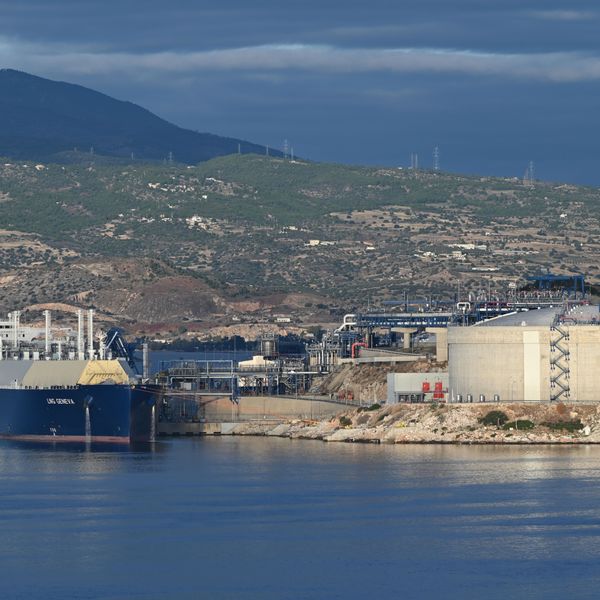The current explosion of shale gas production in the U.S., driven by the
fracking boom, will not decrease carbon emissions in the long term as claimed by its proponents, according to a study released by Stanford's Energy Modeling Forum this week.
While shale gas may have lower carbon emissions than dirtier forms of fossil fuel such as coal and crude oil, the exponential extraction and use of shale gas, says the report--Changing the Game? Emissions and Market Implications of New Natural Gas Supplies--will push out the use of sustainable energy solutions such as wind and solar and will thus increase, not decrease, overall carbon outputs going forward.
"Most claims that shale gas will significantly reduce U.S. carbon emissions in the future are based on little more than hand-waving and wishful thinking," writes Joseph Romm at The Energy Collective. "That's because those claims assume natural gas is replacing coal only, rather than replacing some combination of coal, renewables, nuclear power, and energy efficiency -- which is obviously what will happen in the real world."
Additionally, as Romm points out, emission calculations related to shale gas should not be limited to the burning of shale gas. The excavation process itself, including the highly toxic practice of hydraulic fracturing and horizontal drilling, involves a "high rate of methane leakage." Methane is one of the most potent greenhouse gases and should be calculated in the overall estimates of shale gas's climate impact--a factor industry proponents fail to include in their analyses.
"From a climate perspective, then, the shale gas revolution is essentially irrelevant," writes Romm, "and arguably a massive diversion of resources and money that could have gone into deploying carbon-free sources."
Conversely, as the Stanford study shows through a series of projected models, a progressive carbon tax on the fossil fuel industry would significantly reduce carbon emission in the future:
__________________




